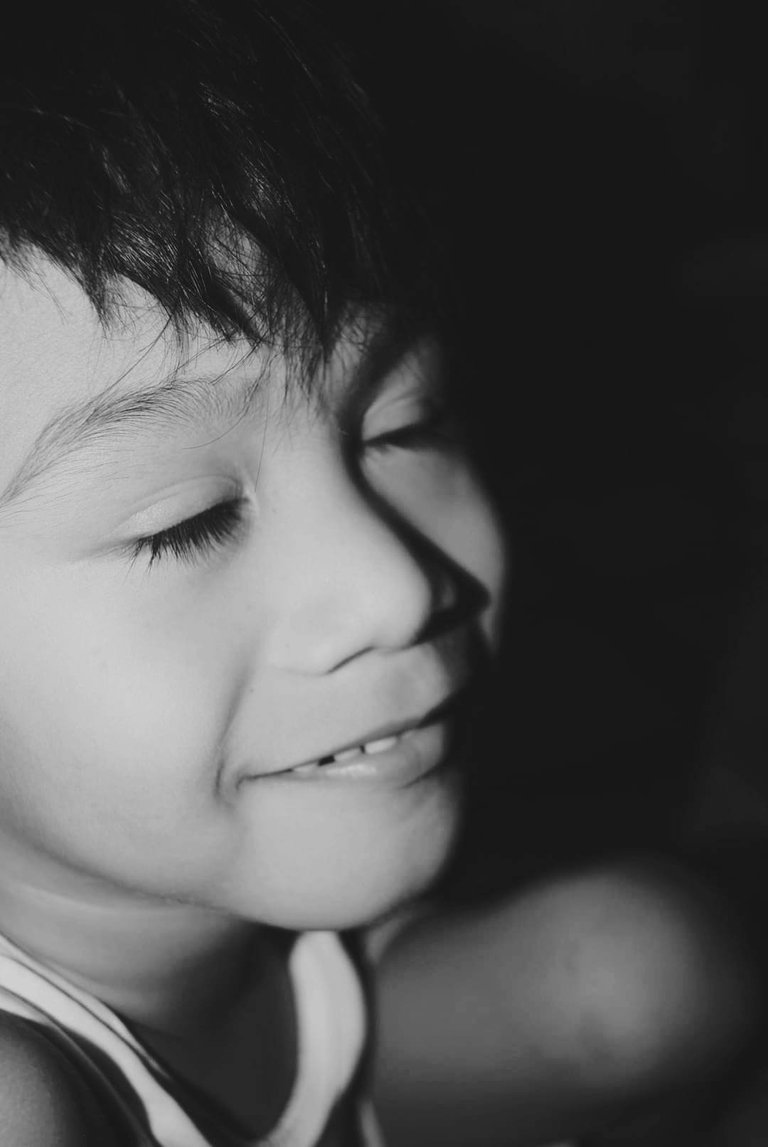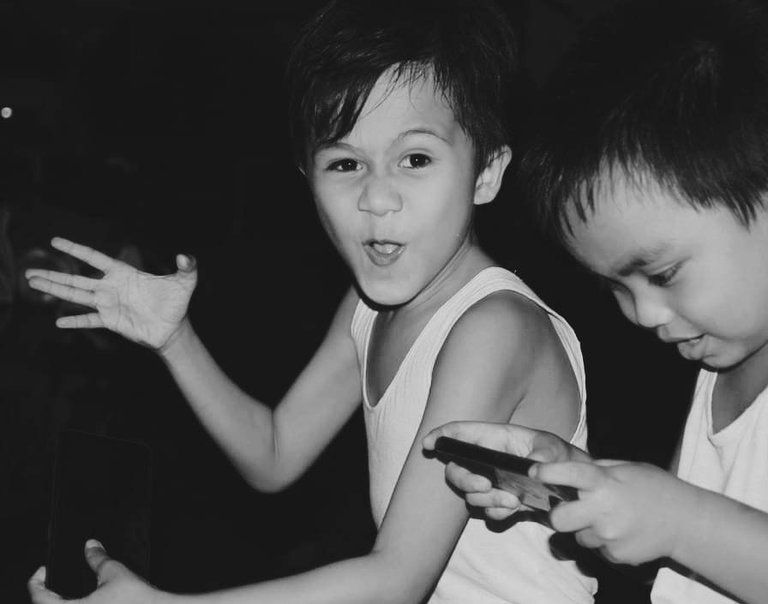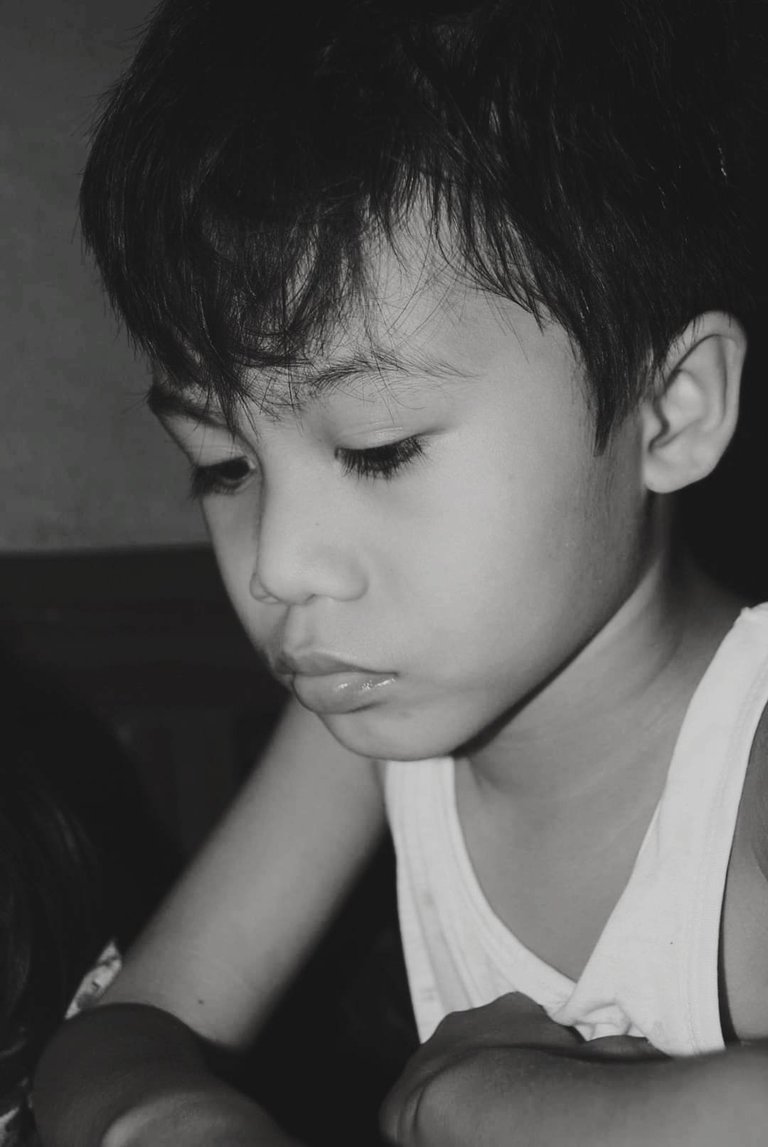Memories are the insignificant details that make life go more smoothly. In other words, memories are priceless and incredibly important to us. They aid in our improvement by allowing us to learn from our errors. I believe that everyone treasures their early memories the most. They support you in maintaining your inner child. Additionally, it is the cause of our inter adult smiles.


Kids' lives depend greatly on the recollections of their childhood. We are reminded of our most memorable moments by it. They influence how we think about the future. A happy adult is someone who has nice childhood memories. A person's adult life is significantly impacted if they have painful recollections from their childhood.
So, we can observe how our early experiences affect our adult lives. Even though they may not completely define us, they undoubtedly have a significant impact. It makes no difference if a person who has had painful childhood memories becomes ill. Traumatic experiences don't define people; instead, they help them develop as people. These recollections, however, also have a significant impact on the process.


This child had a good upbringing. He played with for a long period. He truly enjoys thinking back on the games he played. He enjoyed playing outside with his pals. He was playing with his tiny friends when this picture was taken.


As parents, we must keep in mind that happy childhood experiences will help our children become better people in the future. They gradually attain their best physical condition. Many parents want their kids to be happy, but it can often seem much harder to achieve. It might be difficult to guide kids through the ups and downs of youth in today's tech-focused, chaotic society. Even though you may not have much control over what happens to your child when they are not in your custody, you might have some influence over the setting they spend the most of their time in. One step toward assisting your children in developing into healthy, well-adjusted adults is creating a pleasant, encouraging atmosphere for them.


Encourage your youngster to make friends and interact with kids his or her own age. Their views may be broadened and their curiosity aroused through friendships. When it's possible, you can also urge them to establish a few meaningful friendships. Having a location outside of your home where your child can be themselves can be important.
This alternative setting is frequently a close friend's house. Your child can learn interpersonal skills like communication, problem-solving, and conflict resolution through friendships. Strong relationships both inside and outside of the family can also serve as role models for positive conduct, which may aid your child in avoiding bad relationships.

For kids, especially in their younger years, playtime can be very important. Play gives kids a platform to act out whatever they desire, express themselves, and discover new hobbies. Playing can therefore stimulate imagination and advance education. It might also provide your kid a chance to practice their fine and large motor abilities. In addition to finding ways to have fun yourself, try to discover ways to encourage your youngster to play a lot.